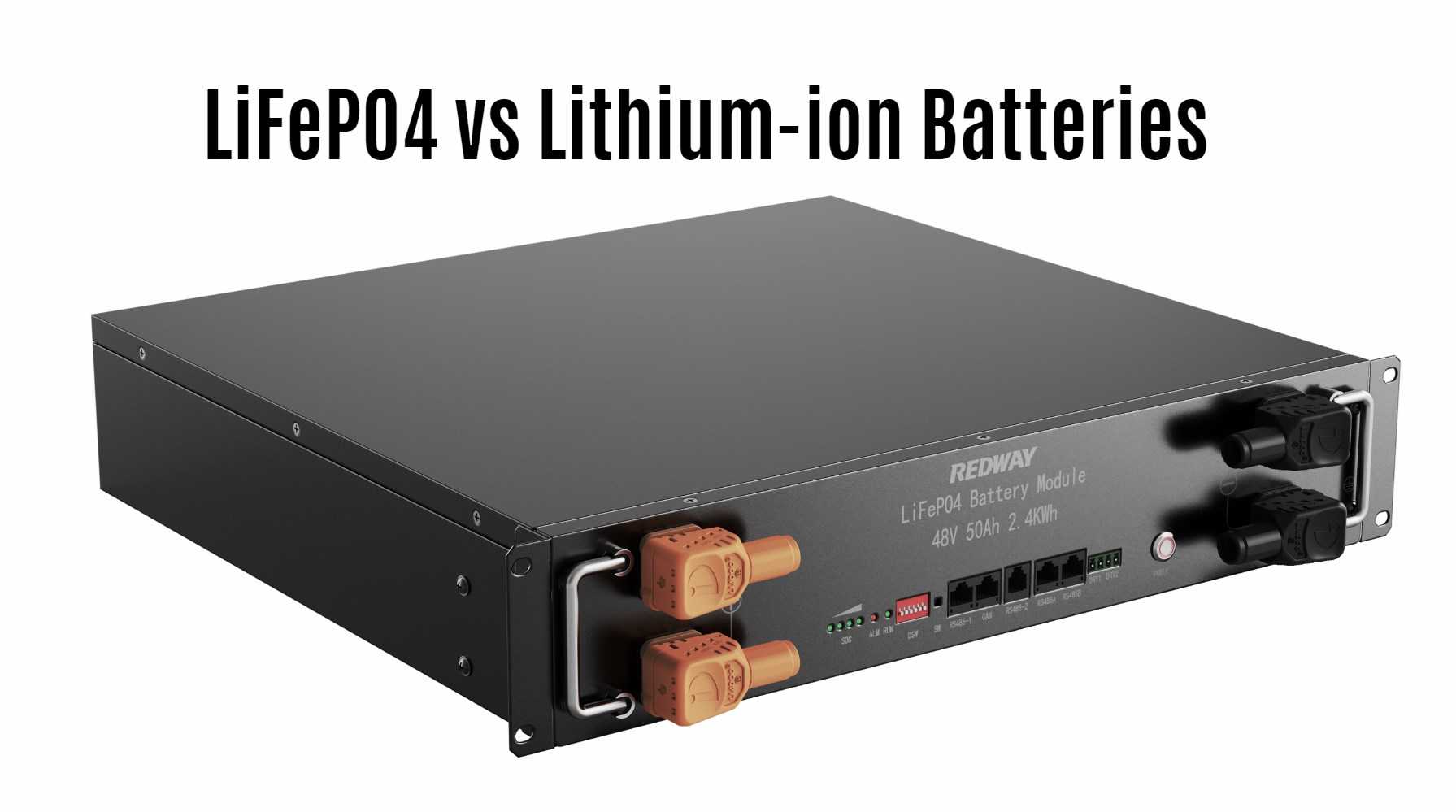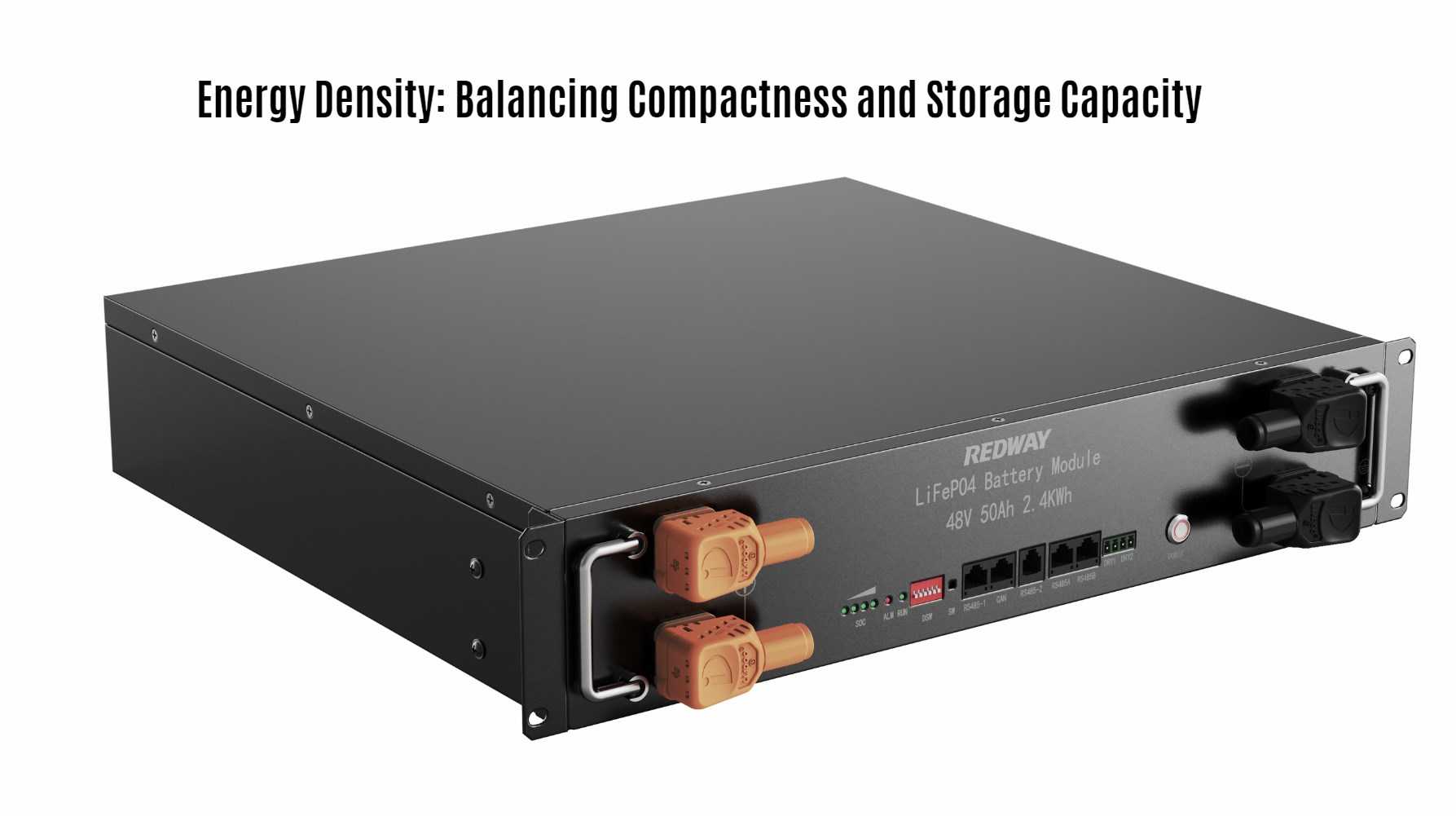At Redway Battery, we provide an in-depth analysis of the essential factors to consider when choosing between LiFePO4 (Lithium Iron Phosphate) and lithium-ion batteries. This comparison is crucial for making informed decisions in various applications, ensuring optimal performance and efficiency.
Safety: Ensuring Stability and Reliability
LiFePO4 batteries are distinguished by their exceptional safety profile. They are highly stable and less susceptible to thermal runaway incidents compared to traditional lithium-ion batteries. This inherent stability positions LiFePO4 batteries as a preferred choice in applications where safety is paramount.
Cycle Life: Maximizing Longevity and Performance
A significant advantage of LiFePO4 batteries is their impressive cycle life. They can withstand a substantially higher number of charge-discharge cycles compared to lithium-ion batteries, maintaining higher capacity over extended periods. This longevity makes LiFePO4 batteries ideal for applications requiring sustained performance and reliability.
Wholesale lithium golf cart batteries with 10-year life? Check here.
Energy Density: Balancing Compactness and Storage Capacity
Lithium-ion batteries excel with higher energy density, allowing them to store more energy in a smaller physical space. This attribute makes lithium-ion batteries suitable for applications where compactness and maximum energy storage are critical considerations.
Cost Efficiency: Evaluating Financial Implications
Although LiFePO4 batteries offer superior safety and longevity, they generally come with a higher initial cost compared to lithium-ion batteries. However, the longer lifespan and durability of LiFePO4 batteries often compensate for this initial investment, proving more cost-effective over the battery’s lifetime.
Want OEM lithium forklift batteries at wholesale prices? Check here.
Temperature Range: Adapting to Diverse Environmental Conditions
LiFePO4 batteries excel in operating across a broader temperature range, from extreme cold to high heat environments. This versatility makes them suitable for applications where consistent performance is required under varying climate conditions.
Charging Time: Optimizing Efficiency and Operational Downtime
Lithium-ion batteries are known for their rapid charging capabilities, significantly reducing downtime in applications that demand frequent recharges. This quick charging feature enhances operational efficiency and productivity in dynamic environments.
Conclusion: Choosing the Right Battery for Your Needs
The choice between LiFePO4 and lithium-ion batteries depends on specific application requirements. LiFePO4 batteries are preferred for scenarios that prioritize safety, longevity, and performance in diverse temperature conditions. In contrast, lithium-ion batteries are ideal for applications where compact size, high energy density, and fast charging are paramount.
By understanding these nuanced differences, stakeholders can make informed decisions tailored to their unique operational needs and environmental constraints. For more information on selecting the right battery technology for your application, feel free to contact us. Redway Battery is here to guide you through the process and provide the best solutions for your energy storage needs.








